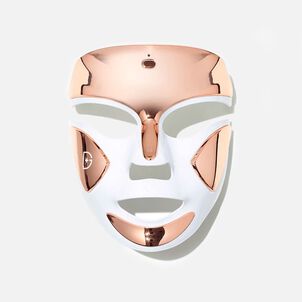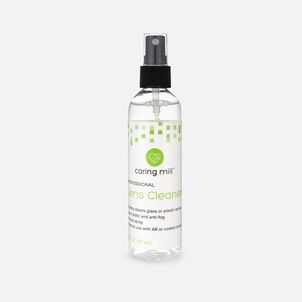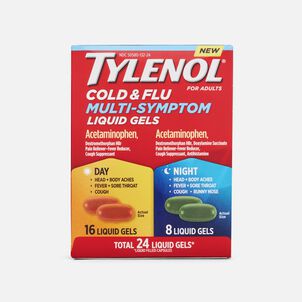Having a Health Savings Account is great for keeping track of your health-related expenses. These accounts offer tax benefits and make it easy to set aside money for medical needs. However, people often make mistakes with HSAs, like not knowing who can use them or how much money can be put into them. Avoiding these errors is essential for getting the most out of HSAs and staying financially secure with healthcare costs.
Here are the most common HSA mistakes - and how to avoid them.

Using an HSA when you're not eligible
Using an HSA when you’re not eligible is one of the biggest mistakes you can make, as it can lead to major financial headaches. Eligibility criteria for HSAs are strict, and using one without meeting the requirements can result in tax penalties and other complications.
Some people make the mistake of opening an HSA without being enrolled in an HSA qualified high-deductible health plan (HDHP). When your deductible is too low, or if you switch from a high-deductible plan to a lower one, you cannot make contributions to an HSA account. In this situation, you can still use any funds you contributed while enrolled in an HDHP, but you cannot add more to the account.
Always compare your insurance plan to current HSA rules, as the requirements change every year. For 2024, the minimum deductible for individual coverage is $1,600 ($3,200 for family coverage).
Paying for ineligible expenses
Expenses are HSA eligible when used primarily to diagnose, treat, or prevent a medical condition. Not every health-related expense is eligible for HSA reimbursement, such as cosmetic services, elective surgeries and gym memberships.
If you pay for nonqualified expenses with your HSA, you could face a 20% fine and the amount will be taxed as income. Be sure to keep your receipt every time you use your HSA card so you can prove it was for a qualified medical expense.
Contributing too much to your account
Similar to an IRA or 401(k), an HSA has an annual contribution limit. The 2024 maximum is $4,150 for individuals and $8,300 for families. If you put in too much and don't remove the excess funds before April 15 of the tax year, you'll pay a 6% fine.
Paying someone else's medical bills
The IRS only allows you to pay for someone else's medical bills with your HSA if they're your spouse or qualified dependent. A dependent must be someone who lives with you and who depends on you for at least 50% of their financial needs, among other requirements.
Boyfriends, girlfriends, domestic partners, and roommates are not eligible for your HSA money, even if you're paying for the rent. If your fiancé is on your health insurance plan, you still can't use HSA money for their medical bills.
Using all of your funds
The money in an HSA account rolls over from year to year, with no limit. Unfortunately, some people confuse HSAs with FSAs, which must be used in the same calendar year that contributions are made.
Think of an HSA like a savings account. You can keep the money there as long as you want without any penalties. You can even leave an HSA behind in your will which your heirs can use tax-free.
Using both an HSA and FSA
Under current IRS regulations, you're not allowed to have an HSA and an FSA, unless the latter is "limited purpose" or only used for dental and vision expenses. If you discover you or your spouse have both, you'll have to close one of them.
Stay ahead of mistakes with HSA Store
Navigating the ins and outs of HSAs demands careful attention to avoid common pitfalls. We’re here to provide the knowledge needed to take full advantage of the benefits of HSAs while sidestepping costly errors.
By staying informed about ever-changing regulations and consulting with financial advisors when needed, you can confidently navigate the complexities of HSAs, ensuring both fiscal prudence and enhanced healthcare savings for the future.
—
Thank you for visiting the HSA Store Learning Center™. Don’t forget to follow us for more helpful tips on Facebook, Instagram, and X (formerly twitter).

.png)
















